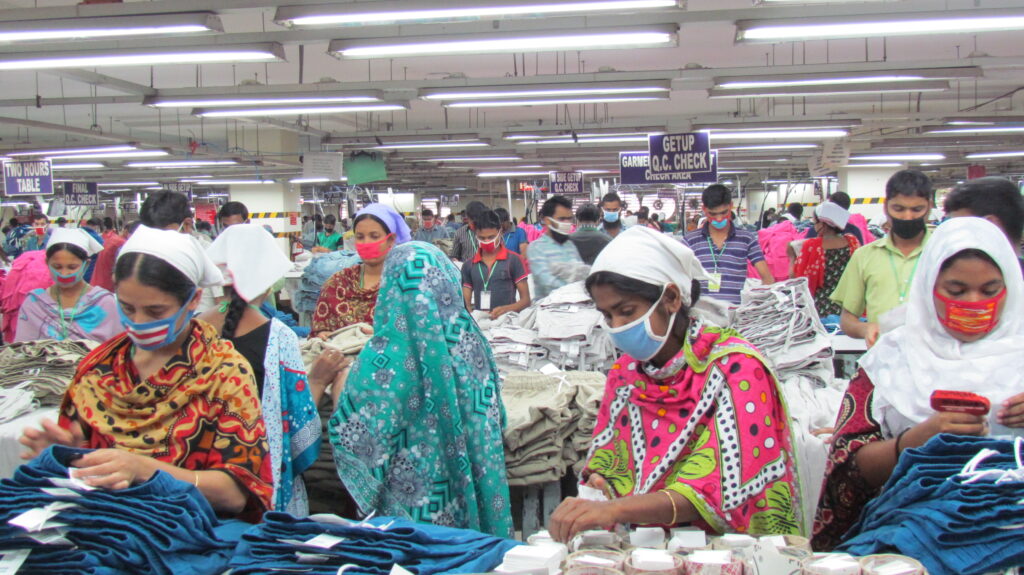15 June, 2016Meeting in Geneva at the 2016 International Labour Conference (ILC), the Committee on decent work in global supply chains, comprising representatives of workers, employers and governments, debated what the ILO must do to address labour rights deficits in the supply chains of multinational companies.
The expansion of global supply chains has been driven by a business model expressly designed to take advantage of low wages and inadequate regulation and enforcement.
Research shows that while more than one fifth of the global workforce has a job in a global supply chain, respect for workers’ rights in supply chains is declining. In the garment industry, there was a 73 per cent drop in the workers’ rights score of the top 20 apparel exporters to the US between 1989 and 2010. At the same time there was a 42 per cent reduction in the price paid for the clothes they produced.
IndustriALL Global Union general secretary Jyrki Raina says that voluntary corporate social responsibility initiatives have failed.
They have not been able to meaningfully improve wages and shorten working hours, nor to ensure respect for workers’ right to join a union – or their right to a safe workplace.
We need binding rules for supply chains that put a stop to the global race to the bottom on wages and working conditions.
Most notoriously, social auditing and certification bodies SAI and BSCI gave clean bills of health, respectively, to the Ali Enterprises clothing factory in Pakistan before it burnt down killing 254 workers and Rana Plaza before it collapsed, killing 1,134 workers in Bangladesh.
In this context, worker representatives, including IndustriALL, approached the ILC discussion with the aim of achieving a decision to work towards a Convention on global supply chains to address these deficits. A Convention would establish greater accountability for wages and working conditions and clarify the roles and responsibilities of both suppliers and buyers for ensuring labour rights.
After many heated debates and several late night negotiating sessions, a final text was agreed that gives the mandate to make progress in this direction. The final conclusions call on the ILO to review whether current ILO standards are fit for purpose to achieve decent work in supply chains, and to convene a further meeting of the constituents to consider what guidance, programs, measures, initiatives or standards are needed. Inclusion of the word ‘standards’ is crucial as this allows the possibility of a future Convention to be squarely on the agenda.
Importantly, the conclusions give the green light to the ILO to support and facilitate negotiations towards global framework agreements and to assist in the follow-up, including monitoring, mediation and dispute settlement.
During the debate, the Bangladesh Accord on Fire and Building Safety, signed between IndustriALL, UNI Global Union and more than 200 garment multinationals was repeatedly referenced as a ground-breaking initiative in the field of supply chain accountability and it is highlighted in the conclusions as a binding agreement.
In the absence of global rules for supply chains, IndustriALL has taken action to hold the multinational companies in its sectors accountable. IndustriALL has signed 47 global framework agreements with multinational companies, covering over ten million workers as well as the Bangladesh Accord. It also campaigns against rogue employers by naming and shaming companies in their supply chains with retail exposure. Also in the garment sector, the ACT initiative between IndustriALL and global garment MNCs aims to achieve living wages to garment workers by linking industry level bargaining to reform of brand purchasing practices.
